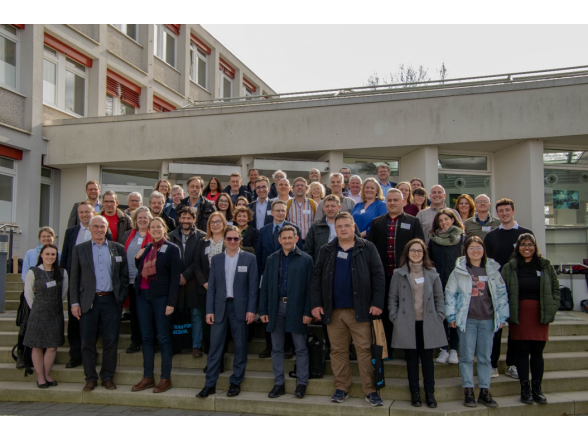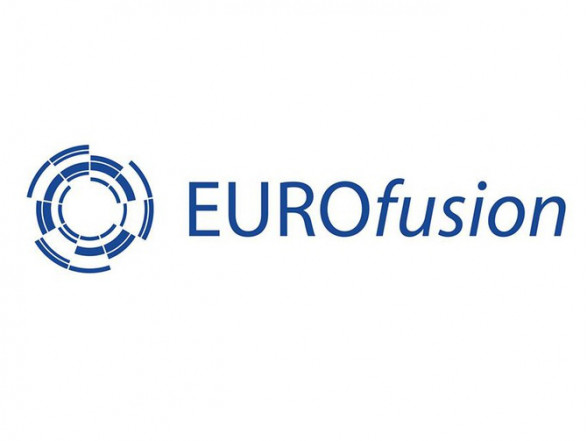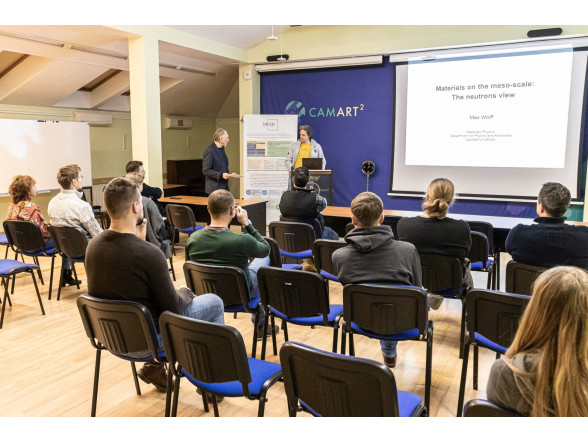The EU project RIANA, standing for Research Infrastructure Access in Nanoscience & Nanotechnology, kicked off with more than 100 participants gathering in a hybrid meeting at DESY on 14-15 March. Launched on 01 March, RIANA aims to provide access to Europe’s leading facilities in nanoscience and nanotechnology, crucial for the development of new materials for prosperity and sustainability. The project boasts a platform of 69 infrastructures from 22 European countries, covering a wide range of technologies including synchrotron, electron microscopy, laser, ion beam, neutron, clean room, and soft matter research infrastructures, along with high-performance computing. The Institute of Solid State Physics, University of Latvia (ISSP UL) is proud to be part of this groundbreaking and defining project.
RIANA offers more than just access to facilities. It provides a centralized platform for interdisciplinary collaboration and strong user support through a network of junior scientists. These scientists assist users from proposal writing to experiment support and data analysis, ensuring a comprehensive service throughout.
The kick-off meeting at DESY defined the program for the next four years, focusing on six work packages. Michael Stuckelberger, scientific coordinator of RIANA, highlighted the project’s goal of providing interdisciplinary access to its wide range of instruments for research and development in nanoscience and nanotechnology.
RIANA engages with both academic and industrial users through a rolling call system. It encourages experiments that combine different facilities and techniques, paving the way for new approaches and expanding the user community. This approach is expected to accelerate innovation based on nanomaterials.
The launch of RIANA marks the beginning of a new phase in nanoscience and nanotechnology research. With its extensive network and strong support system, RIANA is poised to drive significant advancements in the field over the coming years.
For more information about RIANA and its objectives, visit project’s website



